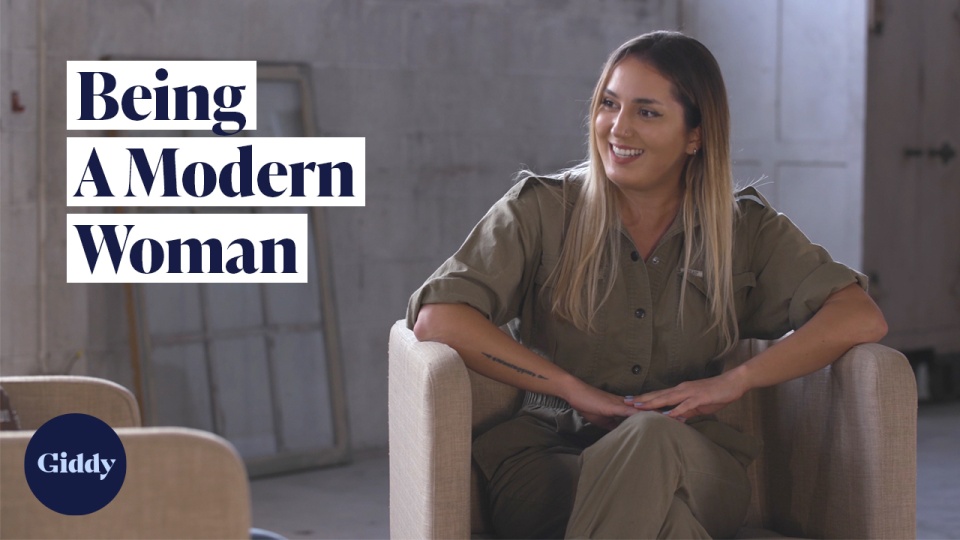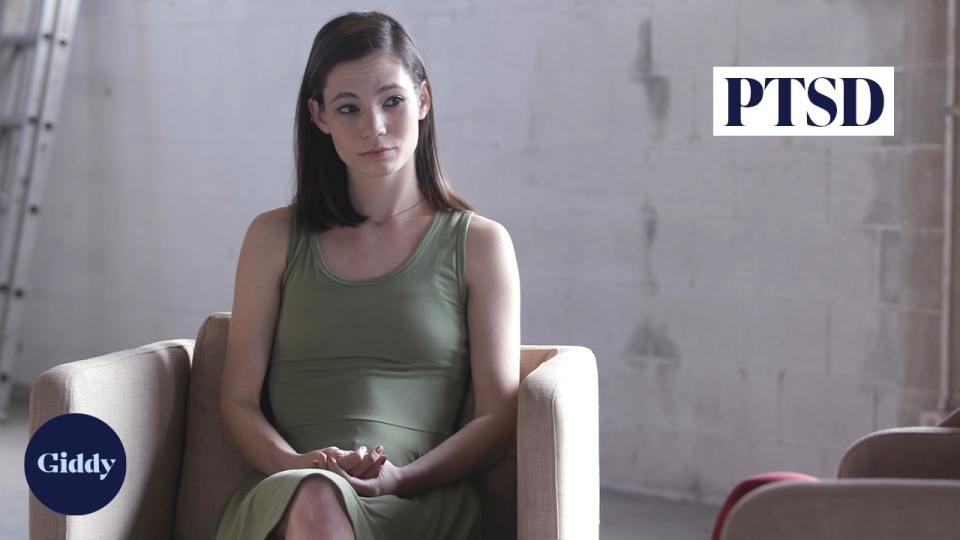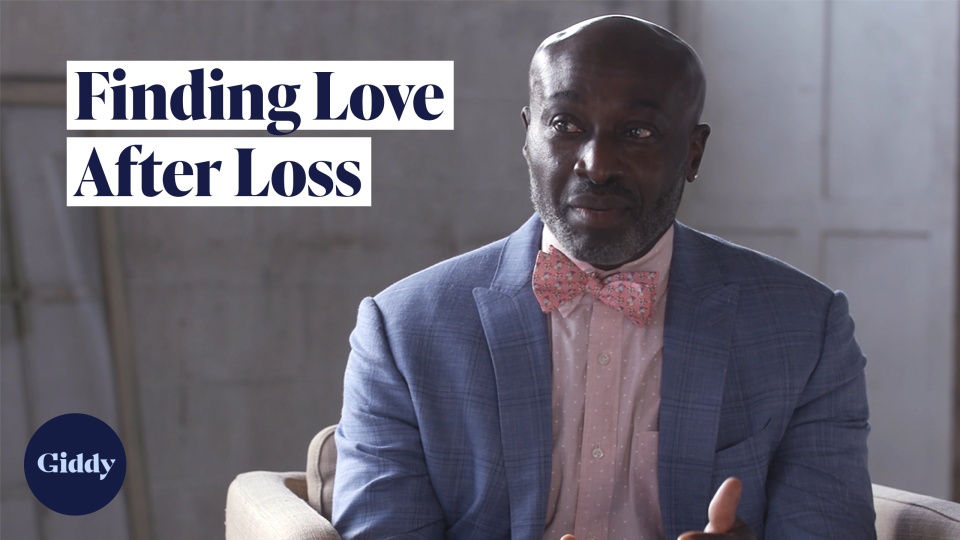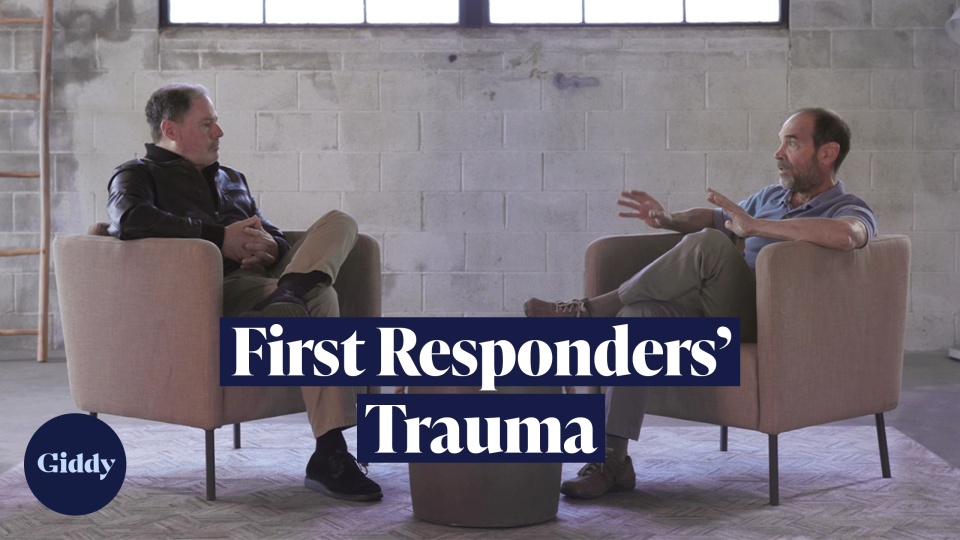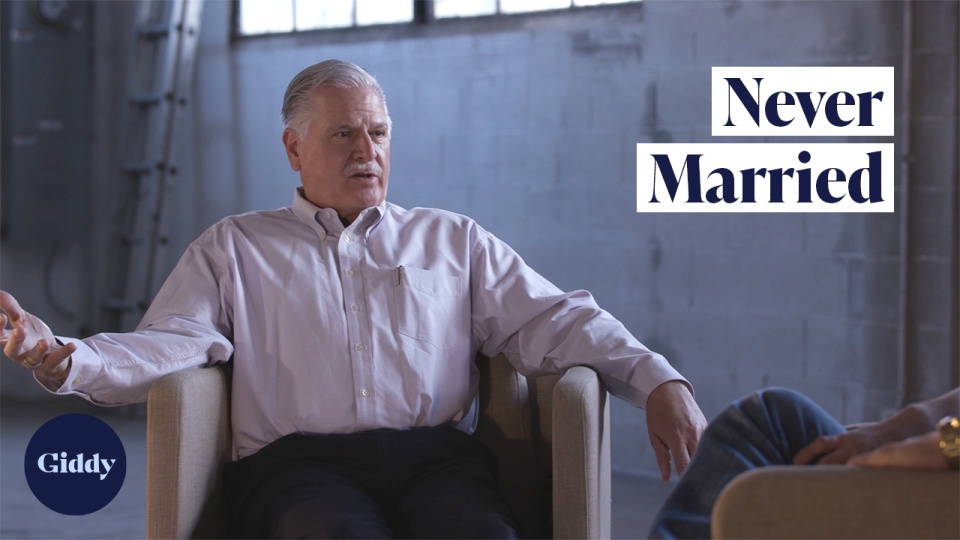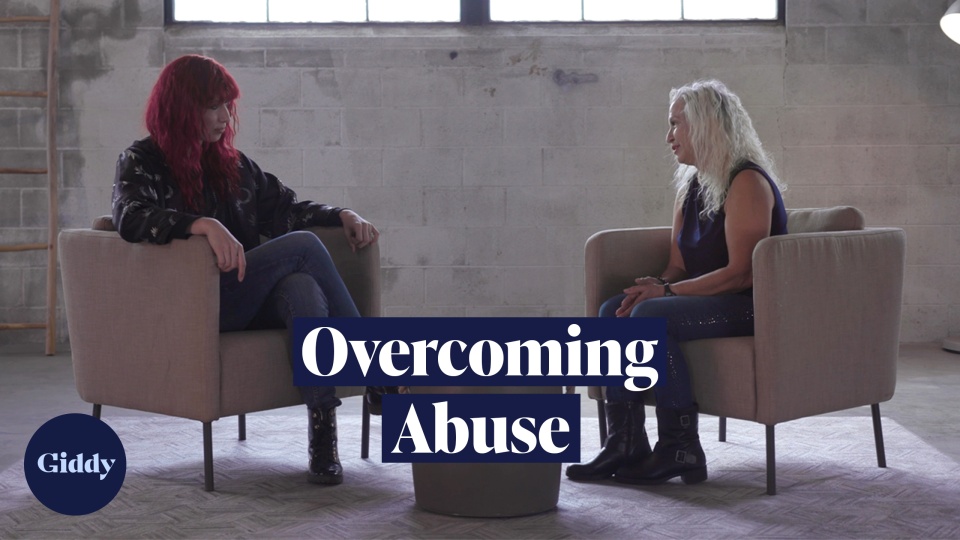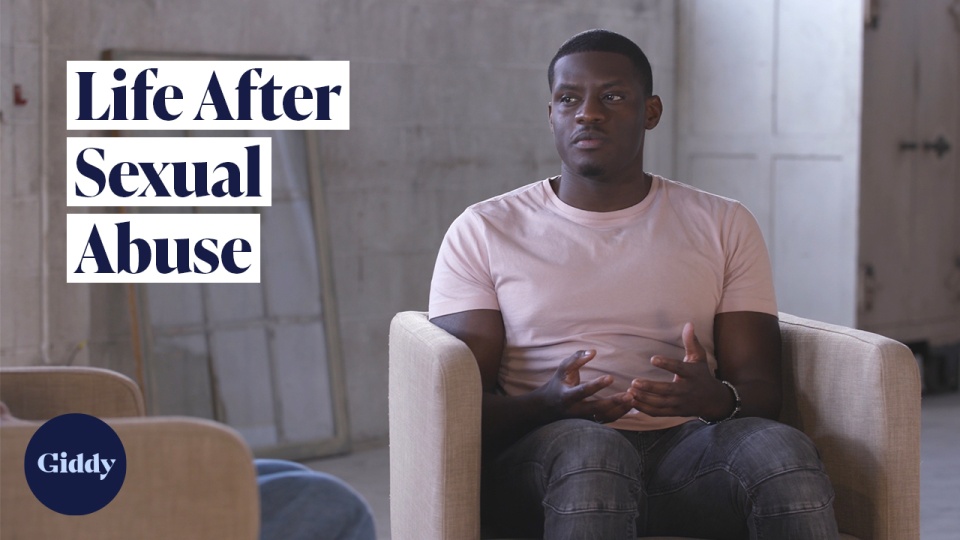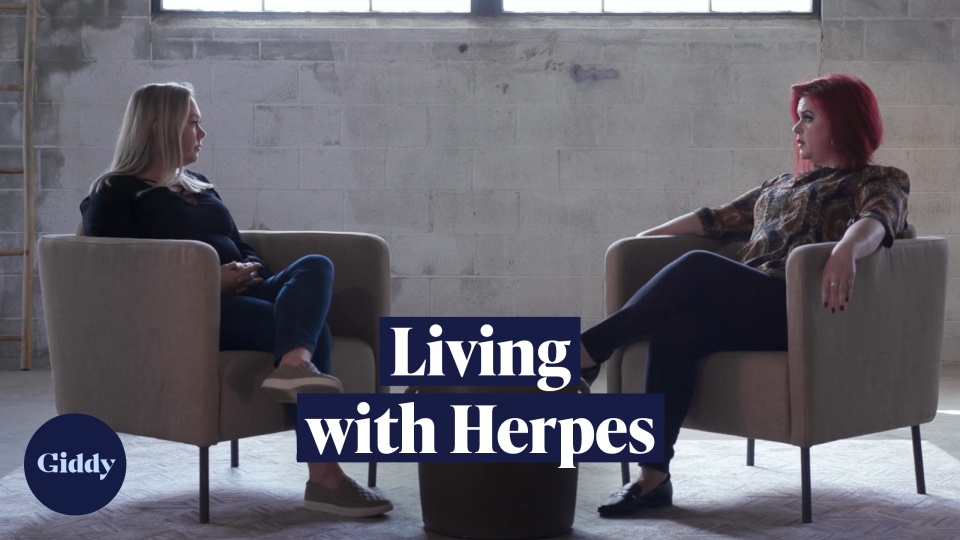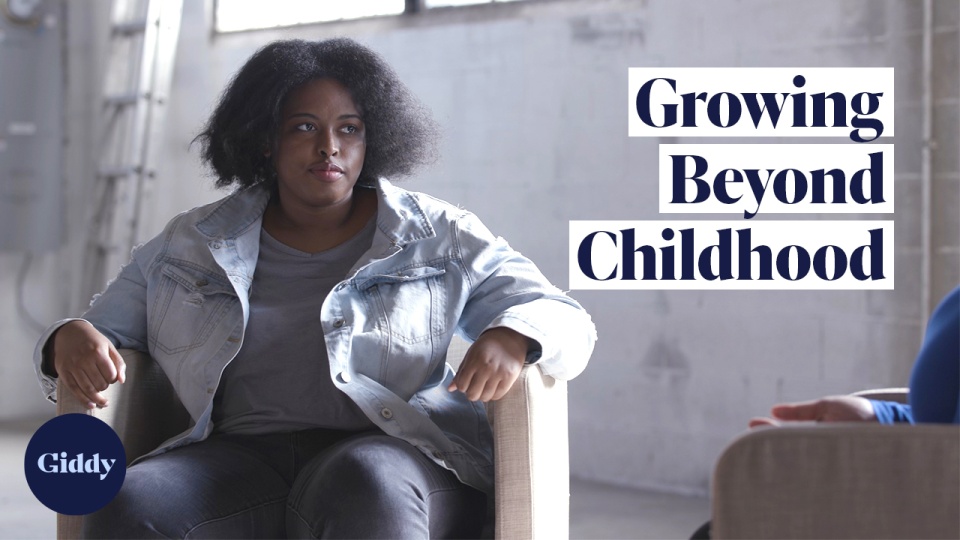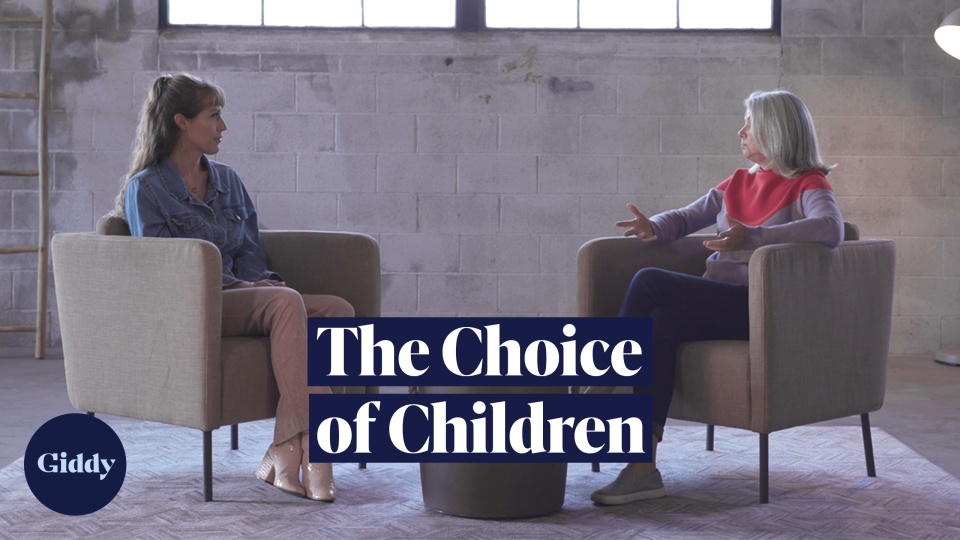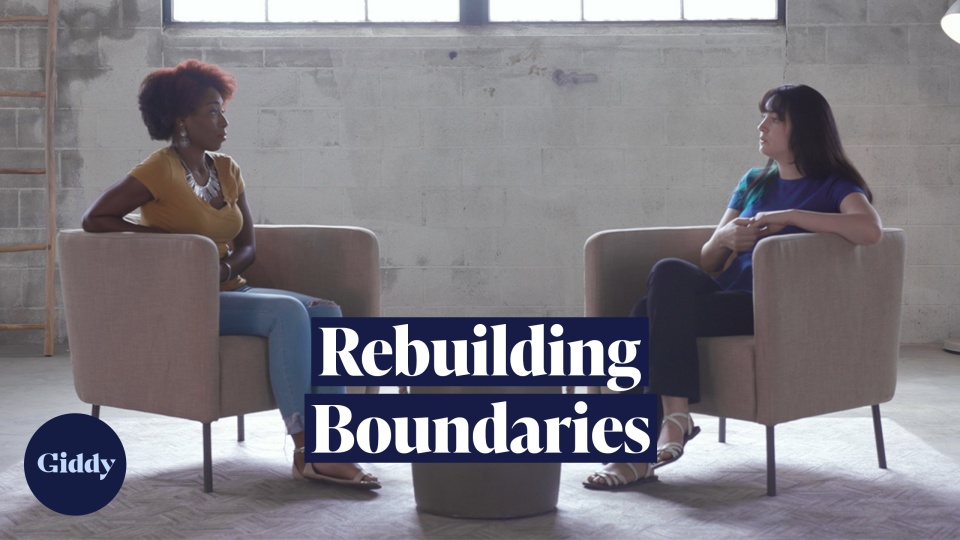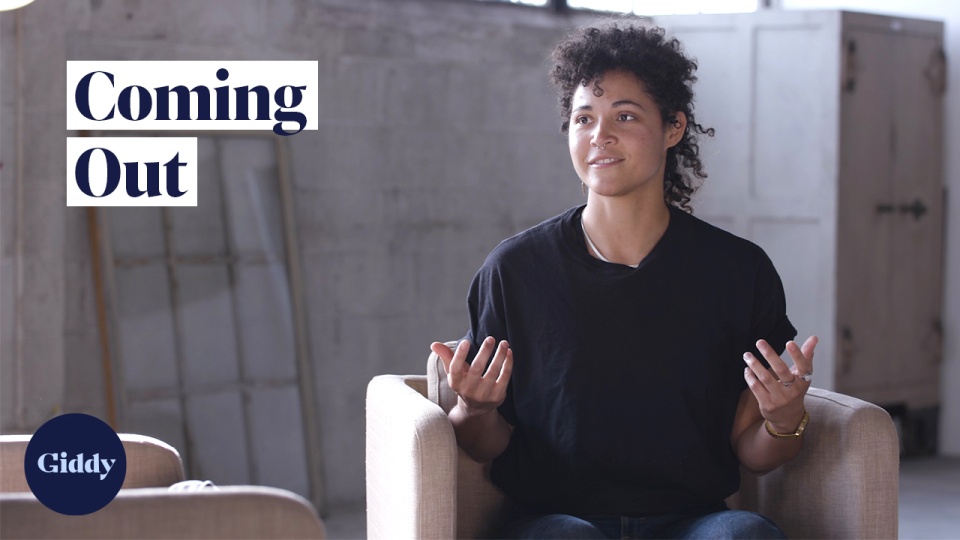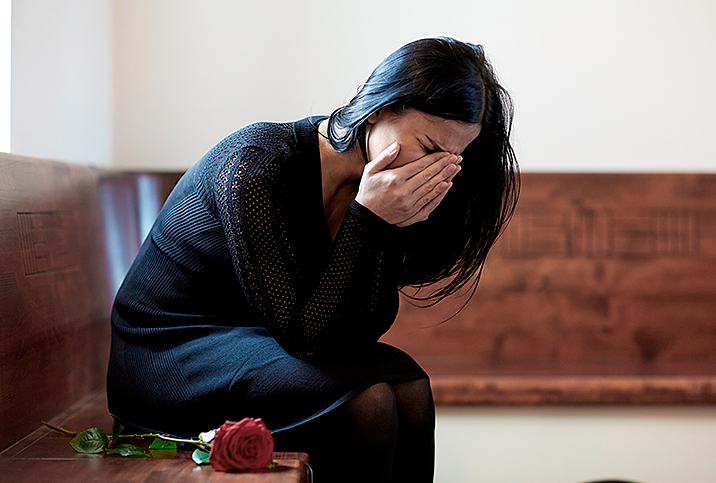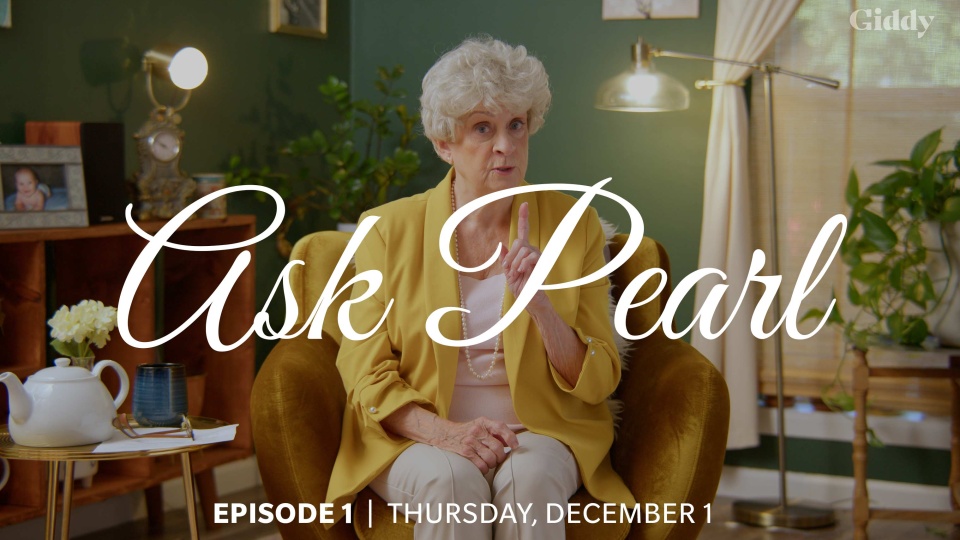Up Next
'I Haven't Forgotten My Wife': Finding Love After Loss
Two strangers, Kenneth and Ed, discuss finding love after loss.
More about this episode
A Conversation with Kenneth and Ed
In this episode, Ed and Kenneth discuss moving on and finding love again after losing their wives. Kenneth and Cathy were married for 14 years and had three daughters together. Cathy was eventually diagnosed with breast cancer and had 18 months to live due to the aggressiveness of the disease. Before her death, Cathy gave Kenneth her blessing to find another woman to love and be happy with. It took him nearly two years to gain the confidence to start dating again—he's now in a loving relationship, although he still thinks of Cathy on occasion.
Ed shares similar concerns when it comes to being in a relationship after 17 years of marriage to his late wife Debra, who died of cancer in 2013. After Debra's death, it took an entire year before Ed was ready to rejoin the social scene—he eventually went on a five day cruise where he met his current partner, Christina. Although she was no longer with him, Ed believes in his heart and soul that Debra had something to do with him meeting Christina.
Ed and Kenneth say they know their late wives would've wanted them to move on with their lives, but never forget the moments they shared when they were together. Kenneth keeps Cathy's memory alive by viewing older photographs and videos of their family, while Ed still struggles to watch his and Debra's wedding video. They acknowledge coping with pain and grief varies for everyone, but hope their story inspires other people to find happiness again when the time is right for them.
Transcript
My wife's name was Cathy, and she fought to the last ounce of breath that she had. My spouse was my soulmate. We met when I was working for a delivery company going through undergraduate school, and I very rarely say this, but I did, at that moment, believe in love at first sight. We were married for 14 years.
Beautiful.
We had three amazing daughters together.
That's beautiful.
And she was diagnosed—I remember the day she walked in the bathroom, she said, "Hey, Kenneth, come and let me show you something." And she showed me a little pimple on her breast. She said it's been itching for a while, so we went to the dermatologist, and the dermatologist gave her some antibiotics, saying it might be just a bug bite, or an infection. And it continued to bother her.
Dermatologist said, "I don't like the way this looks." It was a really aggressive form of cancer known as inflammatory breast cancer. It literally ate the breast up from the inside out. So from diagnosis to death, the oncologist says, "Well, this type of cancer, if it doesn't respond to any treatment, is an 18 month lifespan." And she lived 18 months and 6 days to the date of diagnosis.
How was it like in the last weeks of that?
I remember, like, two weeks before my wife died, we had to admit her to the hospital, because her lungs were just getting filled up with fluid. And they had to constantly drain her. And I went to the hospital one day to visit her, and she said, "Honey, I want to go home." I said, "You can't go home, you need to say." She said, "I want to go home."
And literally two weeks after that, she was dead. She wanted to die at home.
She passed at home, yeah.
She wanted to die at home.
My experience was a little bit different. You know what the first thing she said when she was diagnosed, "Bring it on."
Yeah, yeah.
She fought it as hard as anyone I've ever seen fight for their life, because she loved life. She was the type of person that just adored life. And she was just an incredible—she walked into a room, and bingo. It lit up.
Lit up.
It lit up. No, really. I'm serious. And her name was Debra. I'll tell you, her name was Debra.
Yeah.
We were married for 17 years.
Wow.
17 years. She was diagnosed with some stomach issues, Irritable Bowel Syndrome, and she couldn't get over it. She kept saying, "But it doesn't feel right. It just doesn't feel right."
So finally, we found a doctor that wanted to do a very intensive test, and he found a tumor on her pancreas. They did a biopsy Friday, so Monday we're getting the results. And we found out Monday that it was cancerous.
And the doctor said, "We can do a Whipple surgery, but we have to shrink it to 2 millimeters." So with all the chemo and what she went through, and the suffering that we went through together, the best that they could get it to is two and 1/2. And he said, "She just can't take anymore. We're going to have to do it."
So we did the surgery, and there was complication. She was in a coma for eight days.
Wow.
Finally, she came out of the coma, got back to like 90% of what she was, and then the cancer came back. And I lost her in November of 2013. But I believe that she—I honestly believe this with every fiber in my body, she was my guardian angel. She was spiritual. I just can't explain how much spirituality I felt when we were together.
I took a year off after she passed. I had a huge picture in our bedroom that I had blown up to 24 by 36. But she was beautifully dressed, and I kept that, and I kept all her clothes, and all of that for about a year. And I didn't see anybody, or do anything.
So finally I said, "I got to do something. I got to get back to work." I'm a stand up comedian, that's what I do for a living. So I called my agent, and I said, "Book me some cruises. I got to get back out there."
So I worked for a while. I was on a five day cruise leaving out of Tampa, Florida. And I'm walking after my show, I'm walking back to my cabin, and I get a tap on the shoulder. And a lady says to me, "Are you from New Jersey?" I'm really born and raised in Providence, Rhode Island. I said, "Yeah, I'm from Jersey. Why?"
She said, "Well, you don't seem like—are you really from Jersey?" And she started this whole thing. And she had a girlfriend standing by that was totally oblivious to what was going on. And she said, "Look, hey, we liked your show. Come on." Real Jersey girl. "Come on. Let's have a drink." I said, "I don't drink. I want to go back to my—she said, "have a soda. Come on."
So I sit down with her, and then this other lady is with her. And we started talking a little bit, and we hung out for five days. Christina is such a caring person. Such a loving person. And I believe, in my heart and soul, that Debra had set that up. Had set that up for me.
I remember having a conversation with my wife as she was dying. And she never admitted that she was dying, but you could see that she was losing the battle with cancer. And she said to me, "I want you to find another relationship and be happy." That's easier said than done.
It is.
It's really easier said than done, because there's a certain element of guilt that is attached with moving on after the death of a spouse or a partner, because you feel that you're somehow forgetting the memories of that person, the legacy of that person. It affected me personally, emotionally, intimately, and also spiritually.
How long was it before you started dating, or had—
Probably a year and a half, two years.
That's about—the same as me.
The other fact is, I have small kids. So I was very careful about who am I going to bring into my house, and who am I going to allow to come into my kids' life.
But what was it that made you feel like you were ready to commit? What prompted that?
That's a great question, and my therapist asked the same.
I'm in the wrong line of work.
But I think for me, it was a—
Loneliness? Fears?
Of course. Loneliness is at the top. And the fear, the insecurities, the self-doubt about my ability to raise three daughters on my own. And I'm in a relationship now, and it's been a long going relationship for about two and 1/2 years, but it took a while to feel the confidence of getting back to that and saying, "Hey, I haven't forgotten my wife and the mother of my children, and the 14 years that we were together." I'll never forget that.
You never forget that. Of course not.
There's a part of my heart that is just reserved for her, and that no one else can get in there.
Exactly. And I feel exactly the same way. When you're dating, it's almost like you feel like you're cheating on your wife.
Exactly.
You know? It's like—
Exactly.
I shouldn't be—is anybody going to see me with this girl? This woman?
And go tell my wife?
Yeah. Right? Right? It's crazy.
But you know what, that really speaks to the depth of love that we had for our spouses. And the commitment that we had to our spouses. The fact that they're gone, and we're still concerned about the impact that our behavior will have on them. I mean, that just shows the love that we have. And by the same token, I think both Debra and Cathy would have wanted you and I to be happy afterwards, and to continue our life. Never to forget, but definitely to move on.
Absolutely. When you look back, do you look back in sorrow, or do you look back in joy?
That's a great question. I think it's mixed. Early on, after the death, there was a lot of sorrow, and a lot of things that could happen that could just bring the emotions way up here really fast. And as time moved on, I think I look back now more in joy. And I could pick out the little sayings that we had together, and places that we went together.
Pet names.
All of that.
I have never watched, in almost eight years, a video of Debra.
Wow.
I don't know why.
It's hard. It's hard. You know, therapeutically, I've looked through photo albums. I remember having a picture of her on my phone with her in the casket at the mortuary, and every time I looked at it, it would make my heart hurt, and so it takes a while to get to that place where you can look at the pictures and the videos and everything.
Yeah. Well, I was just going to say it's incredible that we're total strangers, but we're meeting here because of what happened to us, and the emotions that we went through to get us here together. I think it's kind of amazing.
Yeah, I think that is as well.
For more trusted sources on the topics that matter to you, go to getmegiddy.com.






